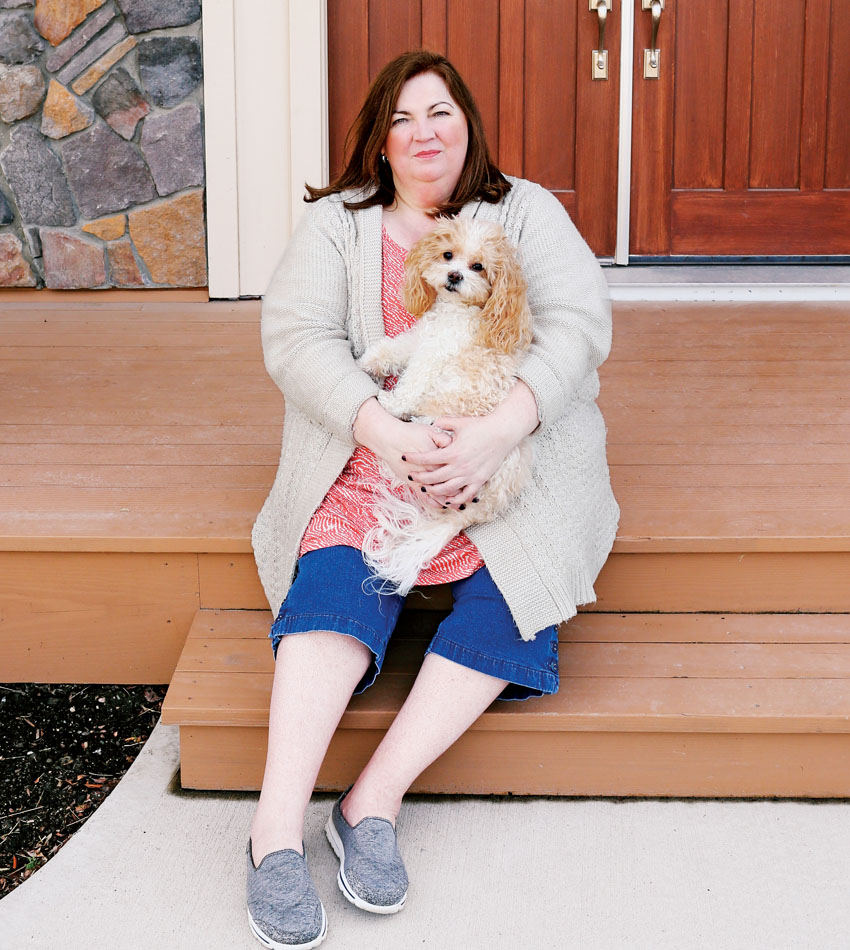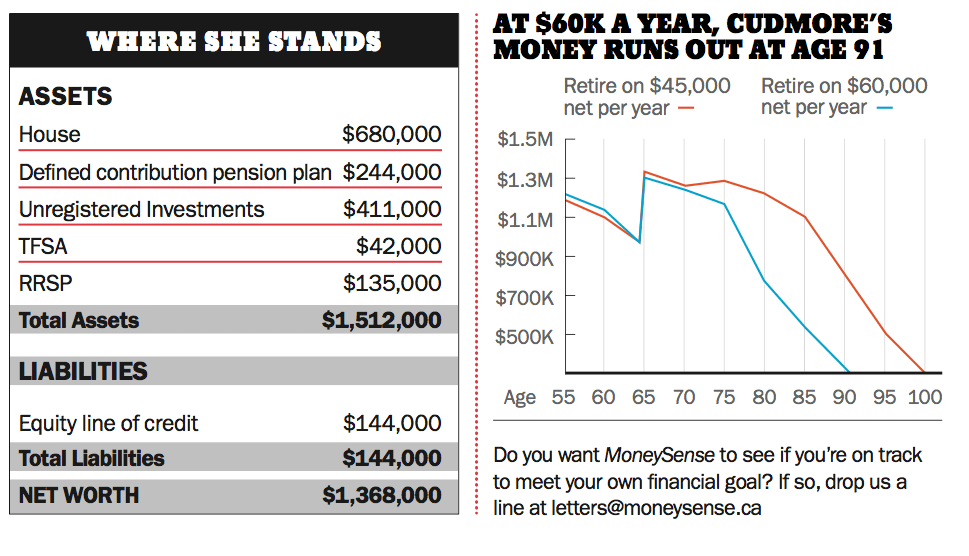Am I on track to retire after being laid off?
This former insurance company manager wants to close the books on paid work
Advertisement
This former insurance company manager wants to close the books on paid work


Share this article Share on Facebook Share on Twitter Share on Linkedin Share on Reddit Share on Email